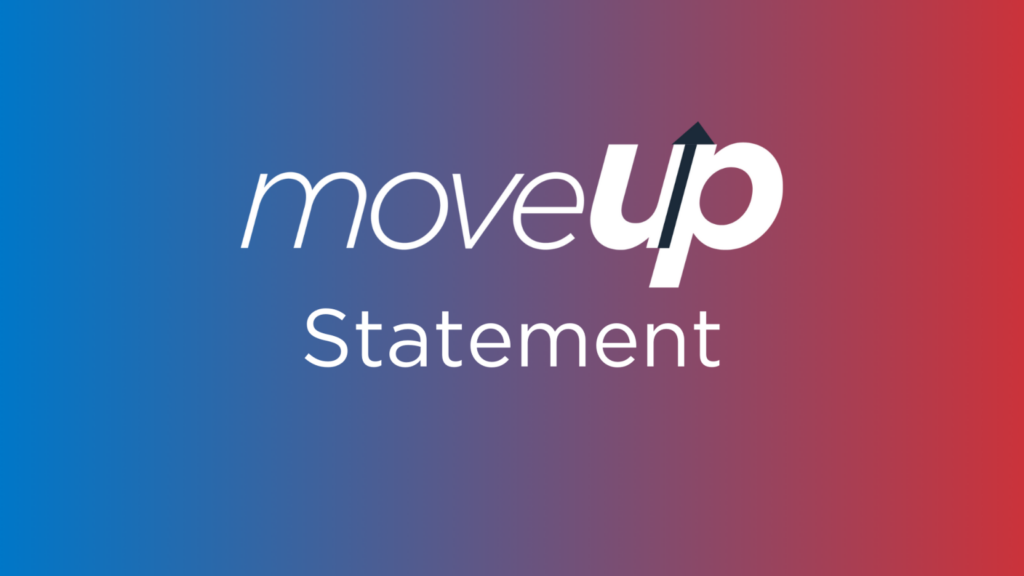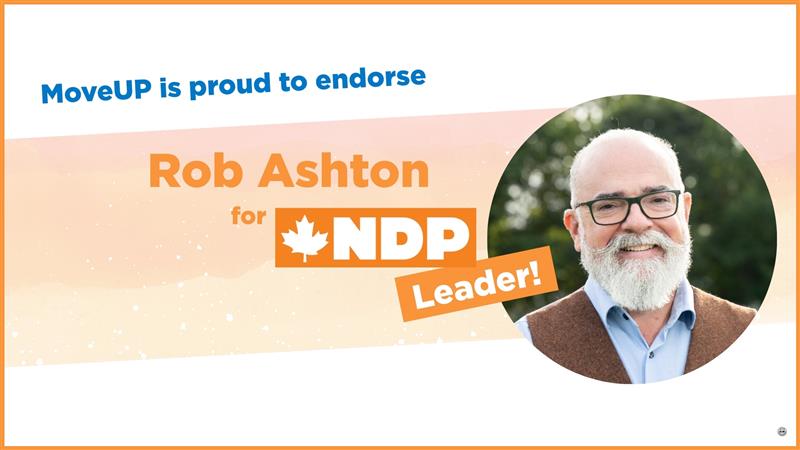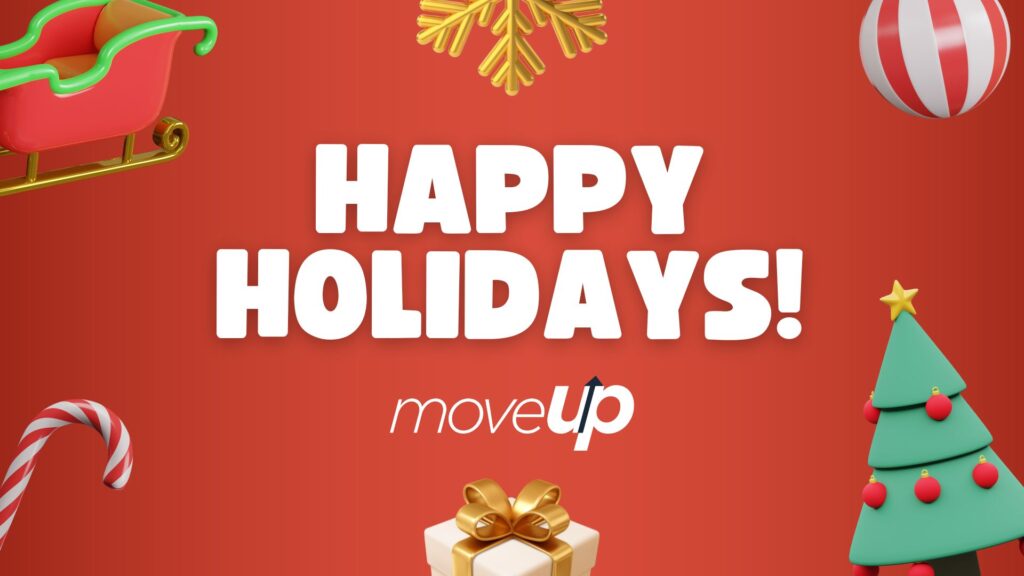Working Groups
On Friday afternoon, delegates broke into working groups to take part in fascinating discussions on a variety of topics. This allowed delegates the chance to get more depth information and ask questions about the issues that are important to them. Here are some of the highlights.
Take Back our Province:
Facilitators Karl Riley and Lori Mayhew of the Political Action Committee discussed how getting involved in politics at municipal, provincial and federal levels can create change in our communities. They talked about the mechanics of a political campaign – from knocking on doors to organizing in a campaign office.
The facilitators talked out how important it is to work to get an army of volunteers out on advance voting and election days. Getting our voters to the polls is a high priority and our volunteers play a role in both reminding them to go vote and helping them get to the polling stations.
The important topic of engaging younger voters came up. Getting young people to the polls the first time will likely convince them to vote regularly for life, and there are many ways we can encourage this to happen – from school programs to more convenient ways of voting, to having our kids participate in grassroots campaigns.
Participants asked great questions and shared their experiences on campaigns.
Union members play an important role in campaigns – we know the issues that are important to workers and our communities and we know how to work together. Our union is encouraging members to become engaged so we can all work to take back our province.
Social Club to Societal Change:
Facilitators Gwenne Farrell and Heather Lee went into the mechanics of our union – how we function, what we do, and how we operate. This gave delegates the opportunity for a better understanding of our structure, how they fit in and what they need to do to fully participate.
The topic of constitutional amendments and by-laws was met with much discussion as several changes have been put forward over the last two days at convention. Understanding our by-laws and constitution is essential for participating in council and making decisions on behalf of other members.
The most interactive part of the discussion came when issues in the workplace were posed. Groups came up with a number of challenges they faced and ways to fix them and empower our stewards and our members. Being a steward can be challenging work – there are issues with workload, the employer and time challenges, and these were acknowledged. Groups also discussed some of the issues members have – from not understanding their collective agreement or when it’s being violated to a lack of understanding of what the union does, to a negative perception of unions by new members. Most groups agreed that education was the answer to a lot of these issues. Stewards and members should make an effort to take advantage of the programs and training offered by the union to empower them in their workplaces.
Being involved and volunteering time for a union can have many benefits, but it was noted that the labour movement has a history of asking too much of volunteers’ time and this is something the movement is working toward changing. We need to look at how we can be active participants while maintaining a healthy work/life balance, to work to make our communities better place while still getting to enjoy them.
Green Jobs:
Climate change and a cleaner, greener economy has been a topic in a number of our discussions at this convention and this working group, facilitated by Iain Reeve and Charley Beresford, tackled it in detail.
Participants discussed how to navigate the tension between good jobs, labour, economic growth and a healthy environment for generations to come. There is not always an automatic connection in peoples’ minds between the labour movement and the environment, but there should be. Our members are professional, thoughtful and empowered workers who know how to organize, stand up for their values and can start to make real changes in their own workplaces.
Groups discussed how collective agreements could be a building block toward better environmental protections. A healthy working environment can be a step to a healthy natural environment.
The groups brought forward great ideas on growing into greener sectors on a large scale and changes they can make in their own workplaces. One idea was the development of an employee credit system for making their workplaces greener. Many larger companies tout their initiatives to go carbon-neutral or cut down on paper, but rarely do employees get the opportunity to be rewarded for their contributions to an environmentally-friendly workplace. Workers could potentially receive credits for their efforts to make changes like conserving energy or reducing waste as a way of giving back to employees and creating a healthier workplace.
More of these discussions need to happen as we move forward so we can empower our members to make the real changes they see to make their jobs, and our futures greener.
Listening, Sharing, Teaching:
The Listening, Sharing, Teaching working group, facilitated by Stephen Von Sychowski and Alicia Gallo, featured an overview of communications and how the union and our members can use them most effectively. Facilitators led a discussion on social media – how to use it, how not to use it. Best practices for Twitter, Facebook, and other platforms were discussed as tools for us all to be better at communicating with each other and getting the labour movement’s message out.
While there was a diverse array of communications experience levels in the room, one thing was clear: delegates want to communicate more. They also want to be communicated with more by their union.
The participants broke out into five groups and had time to answer five different questions about communications. They discussed what our union does well in terms of communications, what we could improve and brought forward ideas for future communications levels, tools and strategies.
The groups came forward with a variety of issues and solutions. Participants want to be given training and familiarity with different tools to communicate with other members. They also want to see more from the union – about what we are doing and how we can help them in their workplaces and in sharing the labour movement’s message.


